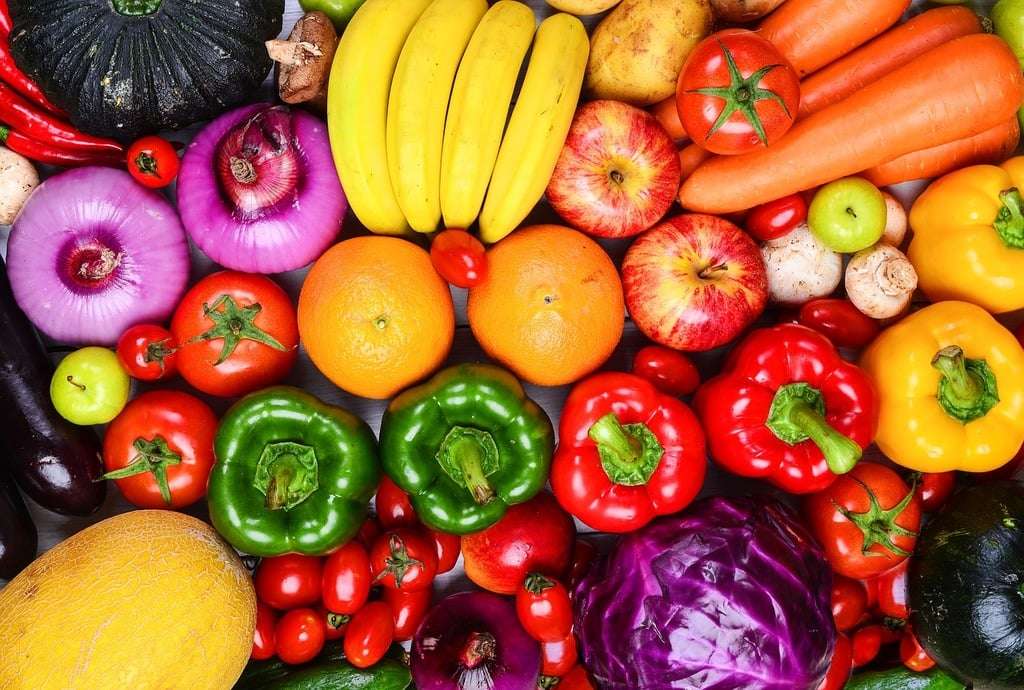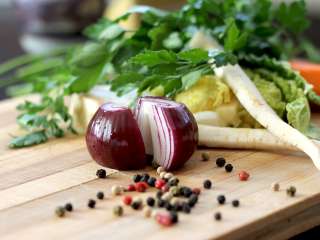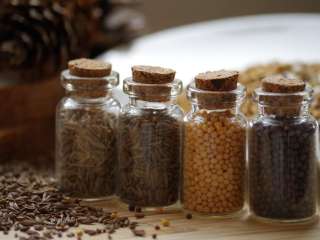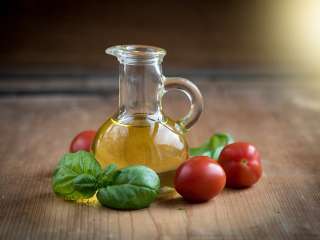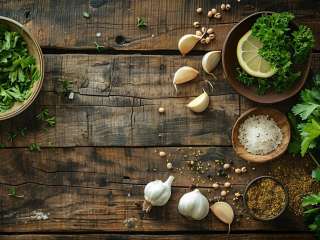Fresh vegetables are a crucial part of a healthy diet, but they can spoil quickly if not stored properly. Learning how to keep your vegetables fresh for longer can save money and reduce food waste. Here are some effective tips to help extend the life of your produce.
1. Store Vegetables in the Right Place
Different vegetables require different storage conditions. Leafy greens and carrots should be stored in the refrigerator’s crisper drawer, while potatoes, onions, and garlic are best kept in a cool, dark place.
2. Use the Right Containers
Plastic bags with holes, mesh bags, or airtight containers can help maintain the right level of humidity for vegetables. Avoid storing vegetables in completely sealed plastic bags, as this can trap moisture and lead to spoilage.
3. Wrap Leafy Greens in Paper Towels
Moisture buildup can cause leafy greens to wilt quickly. Wrap them in a paper towel and store them in a breathable bag in the refrigerator to help absorb excess moisture and keep them fresh.
4. Keep Certain Vegetables Separate
Some vegetables, such as tomatoes, bananas, and apples, release ethylene gas, which can cause nearby produce to ripen and spoil faster. Store these separately from ethylene-sensitive vegetables like leafy greens and peppers.
5. Don’t Wash Until Ready to Use
Washing vegetables before storing them can introduce excess moisture, leading to quicker spoilage. Instead, wash them just before use to maintain their freshness.
6. Blanch and Freeze for Long-Term Storage
If you have more vegetables than you can use, consider blanching and freezing them. Briefly boiling vegetables before freezing helps preserve their texture, flavor, and nutrients.
7. Use Vinegar Rinse for Berries and Delicate Vegetables
A diluted vinegar rinse (one part vinegar to three parts water) can help remove bacteria and extend the freshness of berries and delicate vegetables like spinach.
8. Revive Wilted Vegetables
If your vegetables start to wilt, you can revive them by soaking them in ice water for about 10–15 minutes. This works well for leafy greens, celery, and carrots.
By following these storage and preservation tips, you can enjoy fresh vegetables for longer while reducing waste and saving money. Happy cooking!
